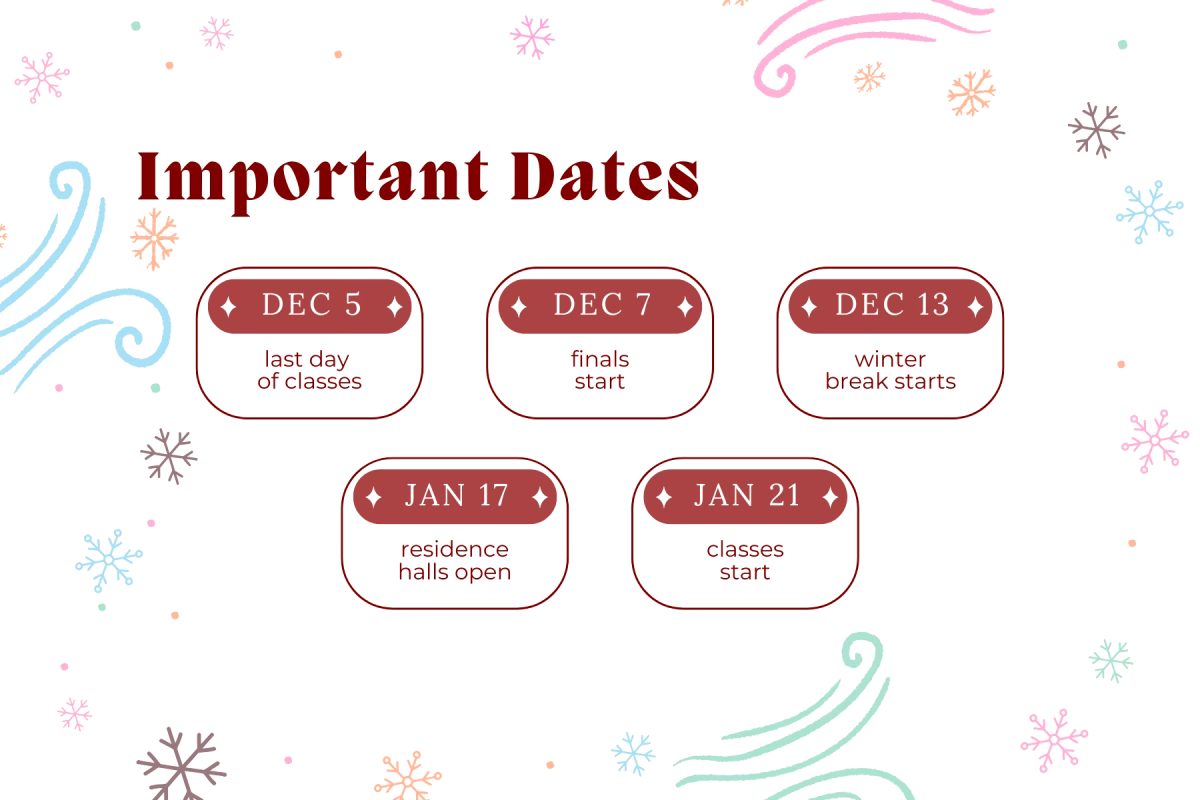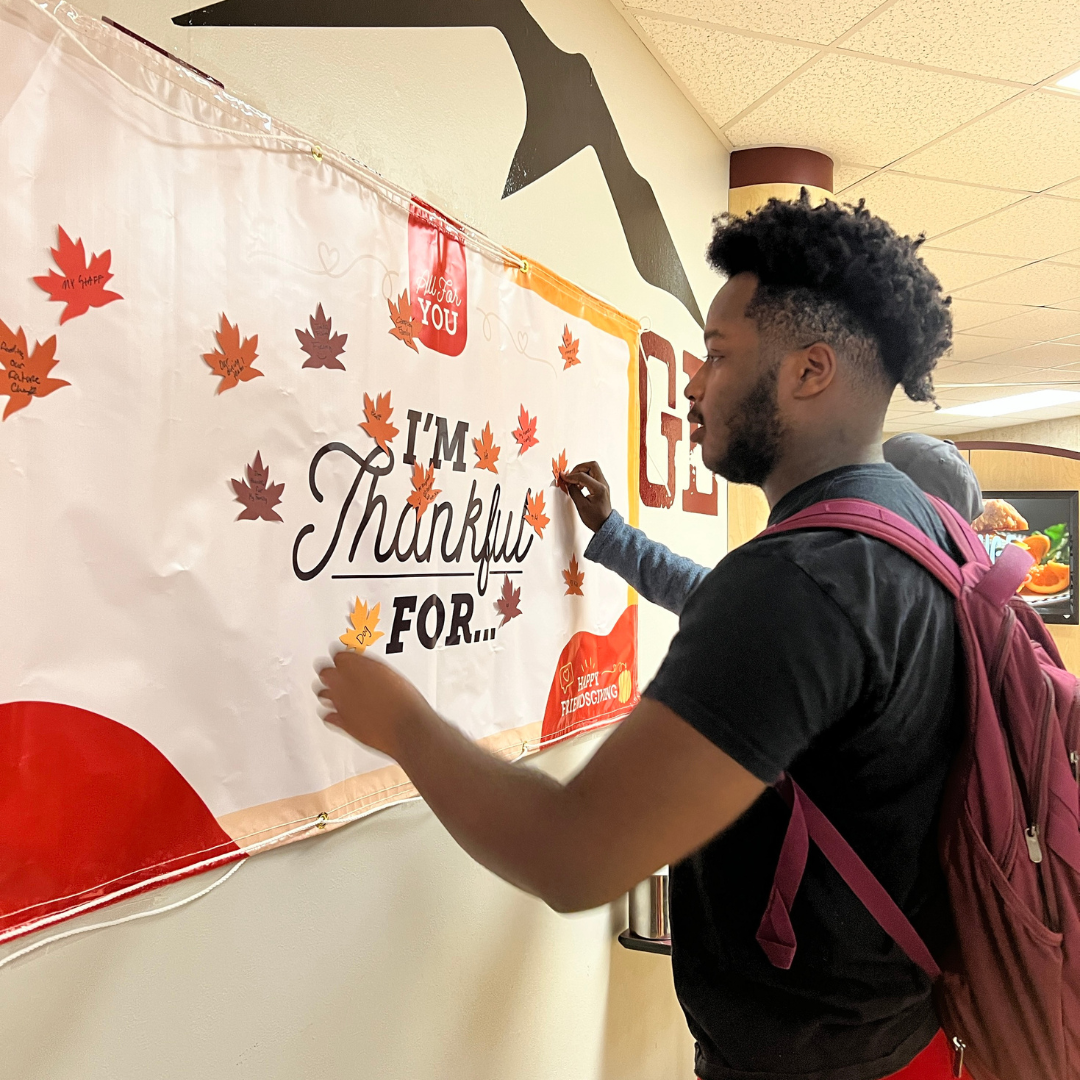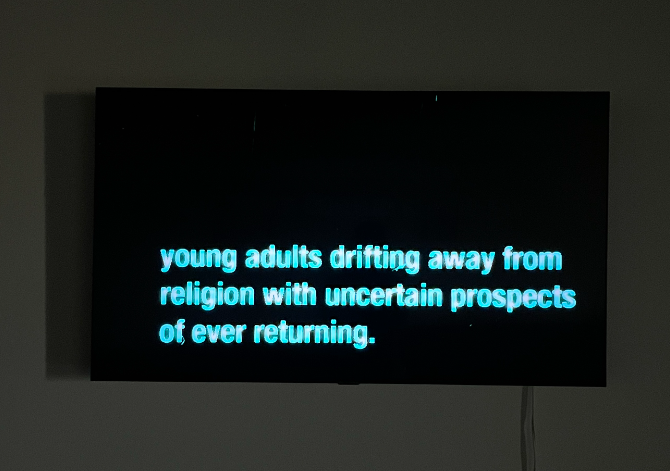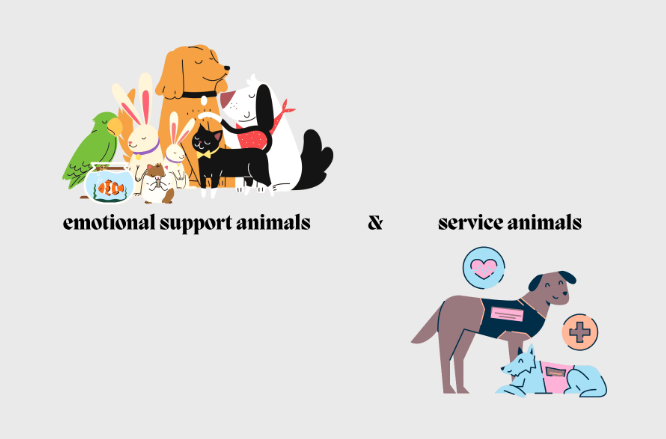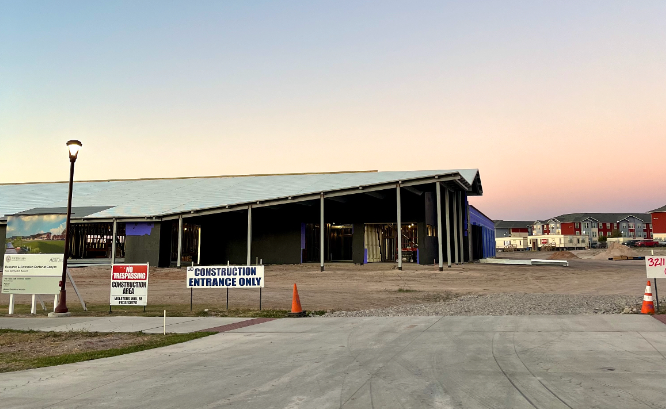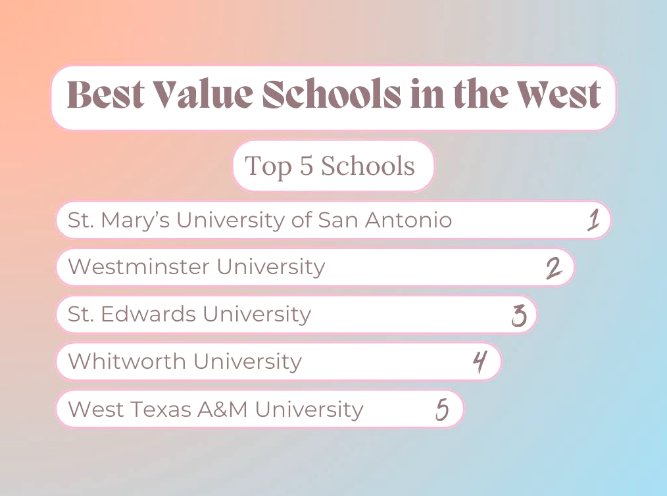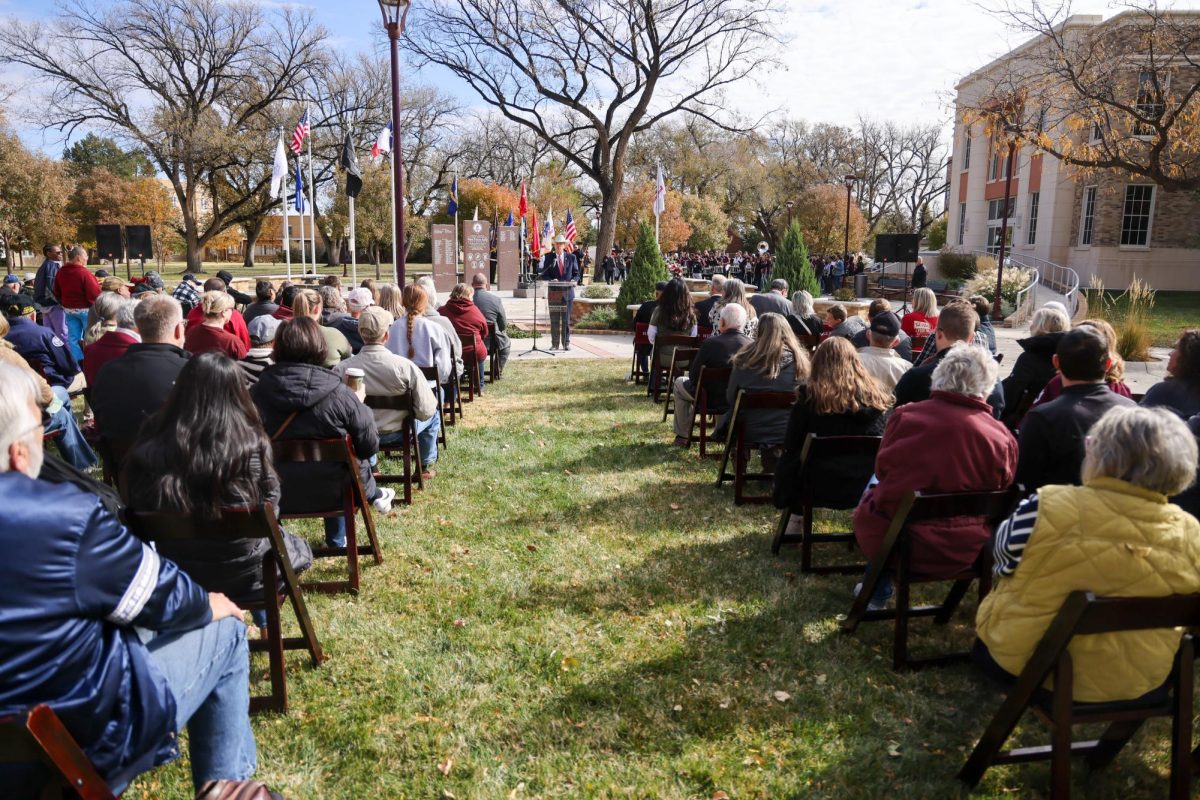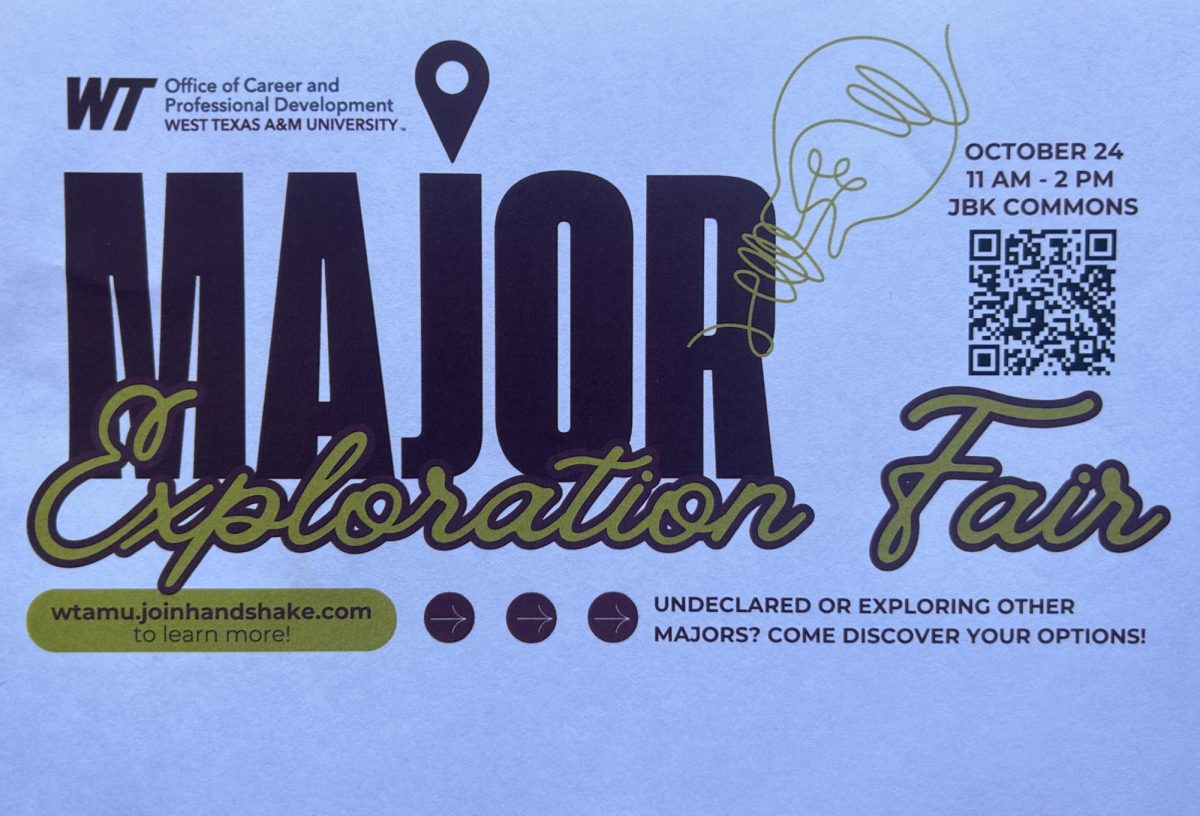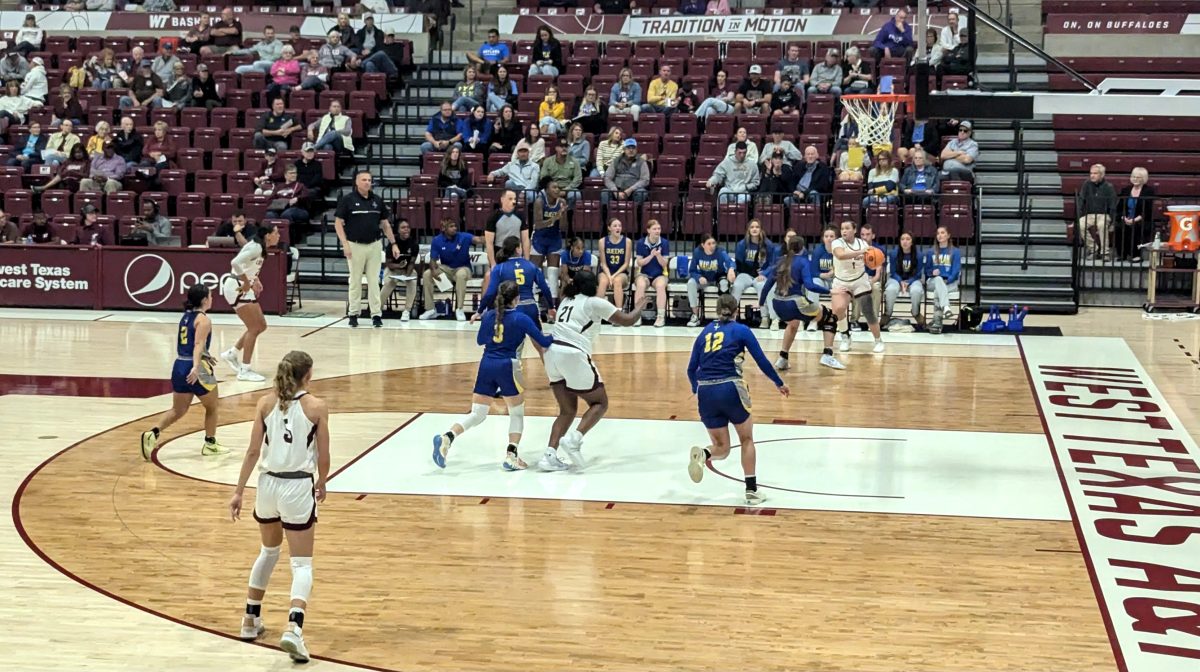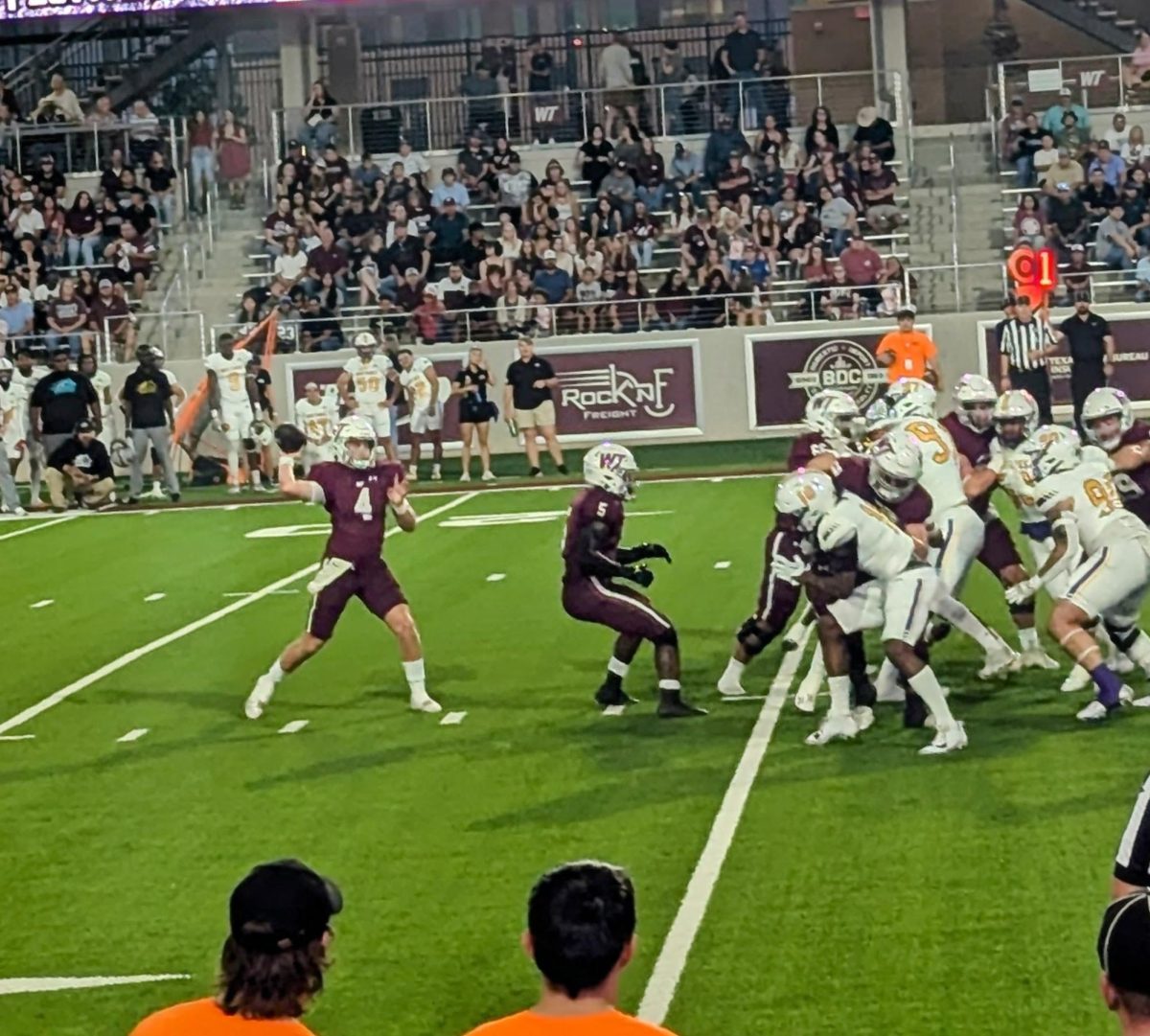WTAMU graduate and undergraduate students will travel down to the Texas A&M campus in College Station to attend the 8th Annual Texas A&M University Systems Pathways Symposium Research Conference on Nov. 11.
The TAMUS Pathways Symposium is a student research conference hosted by a different Texas A&M System school every year. It allows students from a variety of majors to come together and share their research with fellow students and faculty in their field.
“(The symposium) is a way to bring everyone together and get to know each other,” Dr. Robin Capt, associate dean of Graduate School and Research, said. “It provides a venue for them to decide to work on a masters or doctorate somewhere else.”
21 WT students will be attending the conference and will present in a variety of categories such as Agriculture, Humanities, and Computer Science.
“There’s a category for everyone,” Capt said. “It may not be your major, but you can find a place to be in there.”
The students will present their research in front of a panel of experts who will judge and critique accordingly. Dr. Cathy Clewett, assistant professor of Physics at WT and one of this year’s judges, said it’s not always about the presentation itself, but what happens behind the scenes.
“When I am looking at undergraduates, I look to see how much the students were involved with the research,” Clewett said.
Brian Yates, graduate student of Environmental Science said nine years’ worth of research competition within the Texas A & M System, however, has birthed a touch of rivalry among a couple of schools. Yates presented last year at the conference and will present this year.
“If we can beat (Texas A & M) it’s a pretty big deal,” Yates said. “Especially since they have a lot of big environmental science stuff going on.”
Despite bragging rights and a few potential prizes students can receive for placing in the competition, the most valued aspect of the symposium is networking.
“It’s a good way to promote yourself,” Yates said. “If you’re an undergrad and you present at these things, you may talk to somebody who may end up being your future graduate advisor.”
Clewett said along with networking, simple communication is also an important factor in the symposium.
“It’s important to talk about your research,” Clewett said. “A big part of what you do as a scientist is communicate.”



